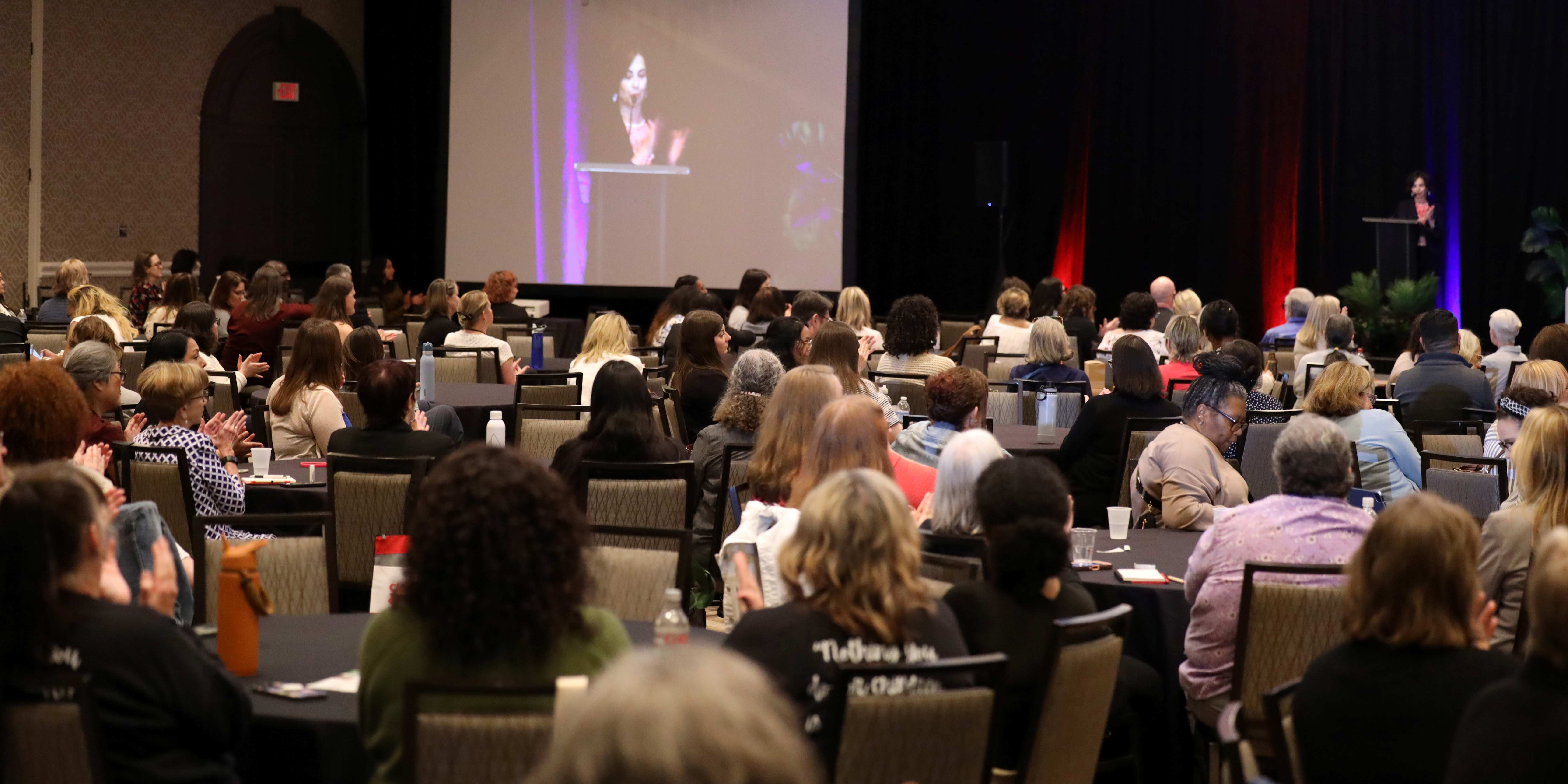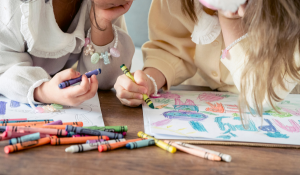
Stress, burnout, and emotional exhaustion are not new challenges for the child care workforce—but they are reaching new levels of urgency. In a field already marked by long hours, low wages, and high turnover, the mental health of child care workers is more than a personal wellness issue—it’s a system stability issue.
As trusted community leaders, Child Care Resource and Referral (CCR&R) organizations are in a unique position to help reframe the conversation. By recognizing and responding to mental health as a core component of healthy child care, CCR&Rs can help create stronger supports for both child care workers and the children in their care.
Mental health affects every part of the child care system
When child care professionals are stressed, exhausted, or unsupported, it doesn’t just impact their well-being—it affects program stability, workforce retention, and the quality of care children receive.
National data continues to show high rates of stress, anxiety, and burnout among early educators. Despite growing awareness of these challenges, many child care workers still navigate stress without access to meaningful support. In some communities, mental health resources may be limited, difficult to access, or not tailored to the realities of child care settings.
That’s where CCR&Rs can help.
A system-building solution: Infant and Early Childhood Mental Health Consultation (IECMHC)
One promising strategy gaining national momentum is IECMHC. This model pairs child care workers with mental health consultants who help them:
- Navigate challenging behaviors.
- Reflect on their own stress and emotional responses.
- Strengthen relationships with children and families; and
- Build confidence and resilience in their role.
IECMHC doesn’t require child care workers to become mental health experts. Instead, it supports their capacity to create stable, nurturing environments—while also addressing their own emotional well-being.
CCR&Rs can play a leadership role in expanding access to consultation by:
- Educating child care workers about IECMHC and how it works.
- Partnering with mental health agencies to bring services into child care settings.
- Advocating for funding to scale this support where it’s needed most.
Framing the message: What CCR&Rs can say
When talking with child care workers, partners, or policymakers, CCR&Rs can help shift the conversation by emphasizing that:
- Mental health is a workforce issue. Supporting child care workers' well-being is essential to keeping child care programs open and thriving.
- Stress is a predictable part of care work—not a personal failure. Child care workers deserve the same support as any other essential worker.
- Consultation is a preventive strategy. It reduces turnover, improves outcomes for children, and strengthens the early learning workforce.
Resources you can share or adapt
Here are a few tools and materials you can use when supporting child care workers or engaging with partners:
- CCAoA’s Mental Health Support for CCR&R Staff: A short guide and video to help staff reflect on their own mental health before, during, and after a crisis.
- Center of Excellence for IECMHC: Research-based resources, implementation tools, and consultation models for various early childhood settings.
Supporting mental health isn’t one more thing on the to-do list—it’s part of building a healthy, resilient child care system.





